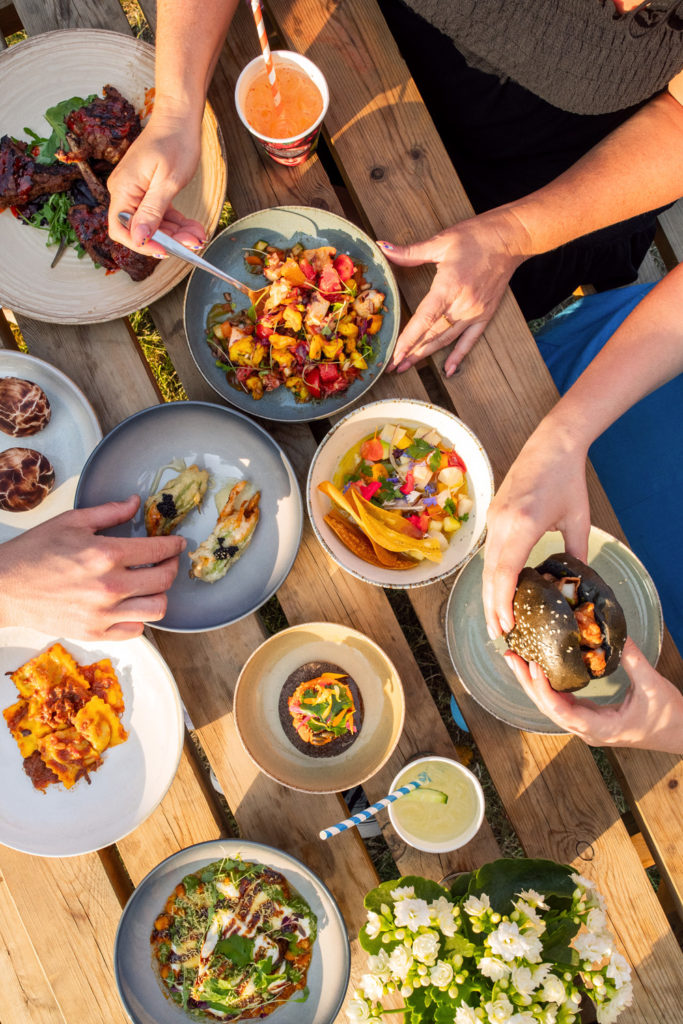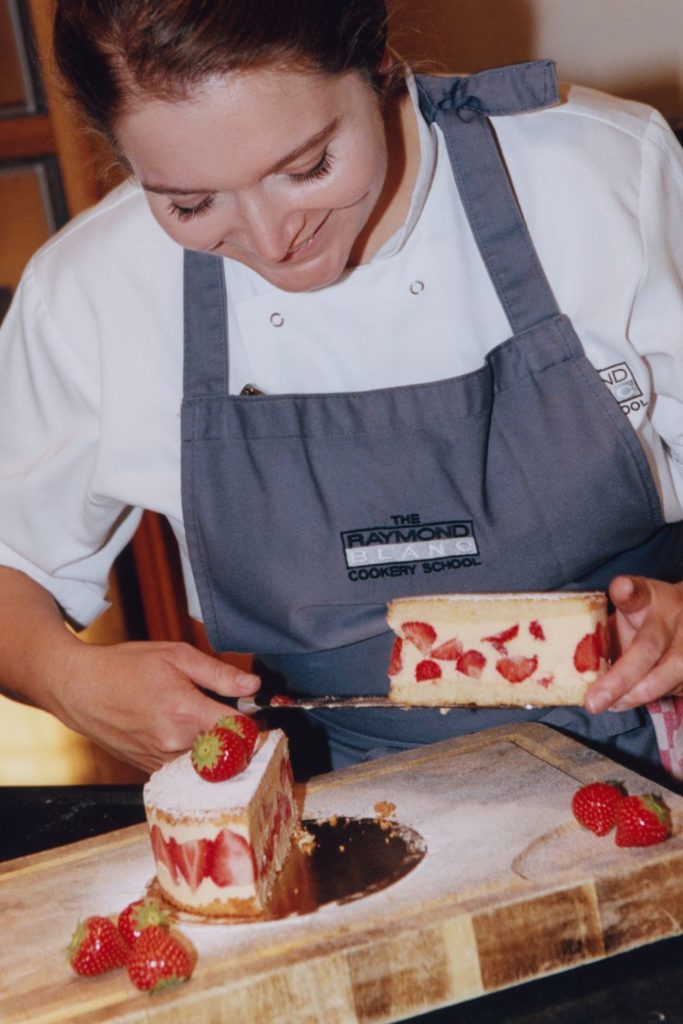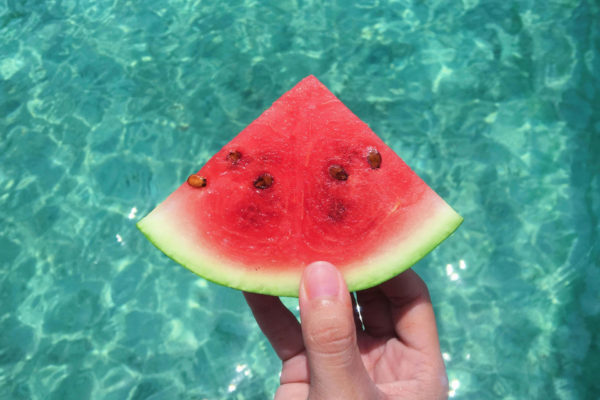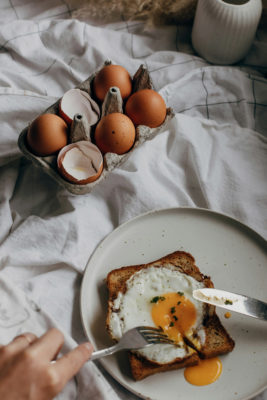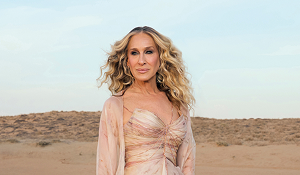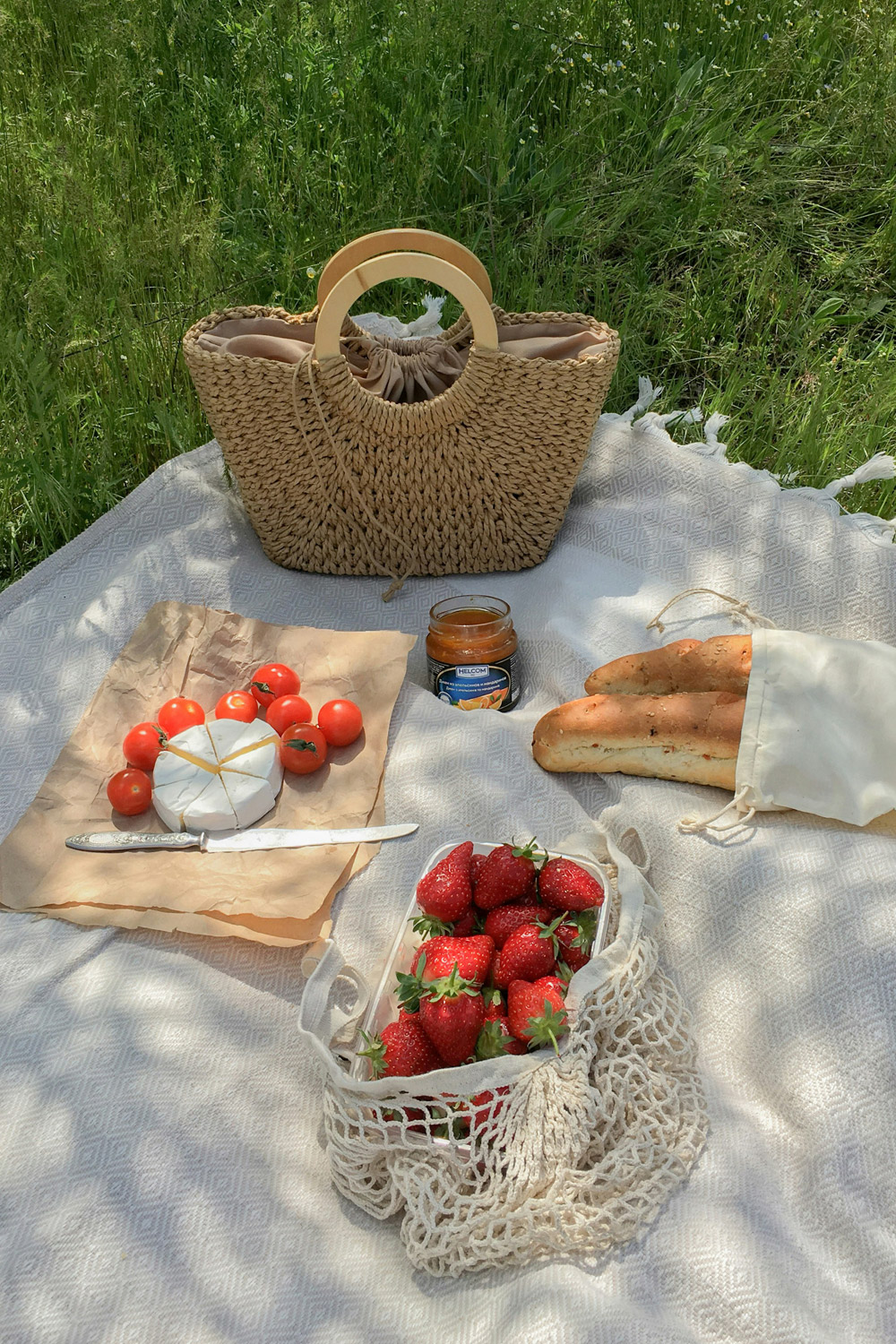
Here’s Why We Feel Less Hungry During A Heatwave
By
8 months ago
The science behind sun-induced appetite reduction
Have you been feeling less hungry lately? That may be down to the glorious balmy weather the UK has been basking in lately (we’re on track for the driest spring on record, according to the Met Office). But is loss of appetite during the summer just down to being out and about more, as opposed to hibernating on the sofa when it’s cold and rainy? Or is there a scientific reason behind it?
Why Are We Less Hungry In The Summer?
Many of us report appetite changes during the summer months or while on holiday – and turns out there’s science to prove it. A 2021 study from China found that a 1 degree Celsius increase in temperature may decrease food intake by 0.11 percent. But what’s the explanation behind this?
Researchers have been exploring the links between temperature and appetite for many years. A study from the ‘90s points to a concept called thermoregulation: a process which allows your body to maintain its core temperature. The hypothalamus is the part of the brain responsible for maintaining balance in the body, including keeping you cool and controlling hunger. So when there’s more focus on the temperature element, the brain pays less attention to your appetite.
Plus, the digestive process generates heat, so when the body is already working hard to stop you overheating, it doesn’t need the extra energy from a big meal. Instead, energy stores are drawn from stored fat reserves. On the flip side, during the winter our bodies require more fuel to keep us warm, hence why we often feel hungrier when it’s cold.
What Should We Eat During A Heatwave?
When the weather hots up, it’s natural to crave different foods and drinks, from fresh salads to iced coffee. Nutritionists recommend eating lots of hydrating foods during a heatwave, as these contain electrolytes, which help maintain fluid balance. Lots of fruits and vegetables have a very high water content, such as cucumber, watermelon, mangoes, tomatoes and courgettes. More surprisingly, black beans are also a good food to eat during a heatwave: they’re made up of 66 percent water, and absorb when cooked.
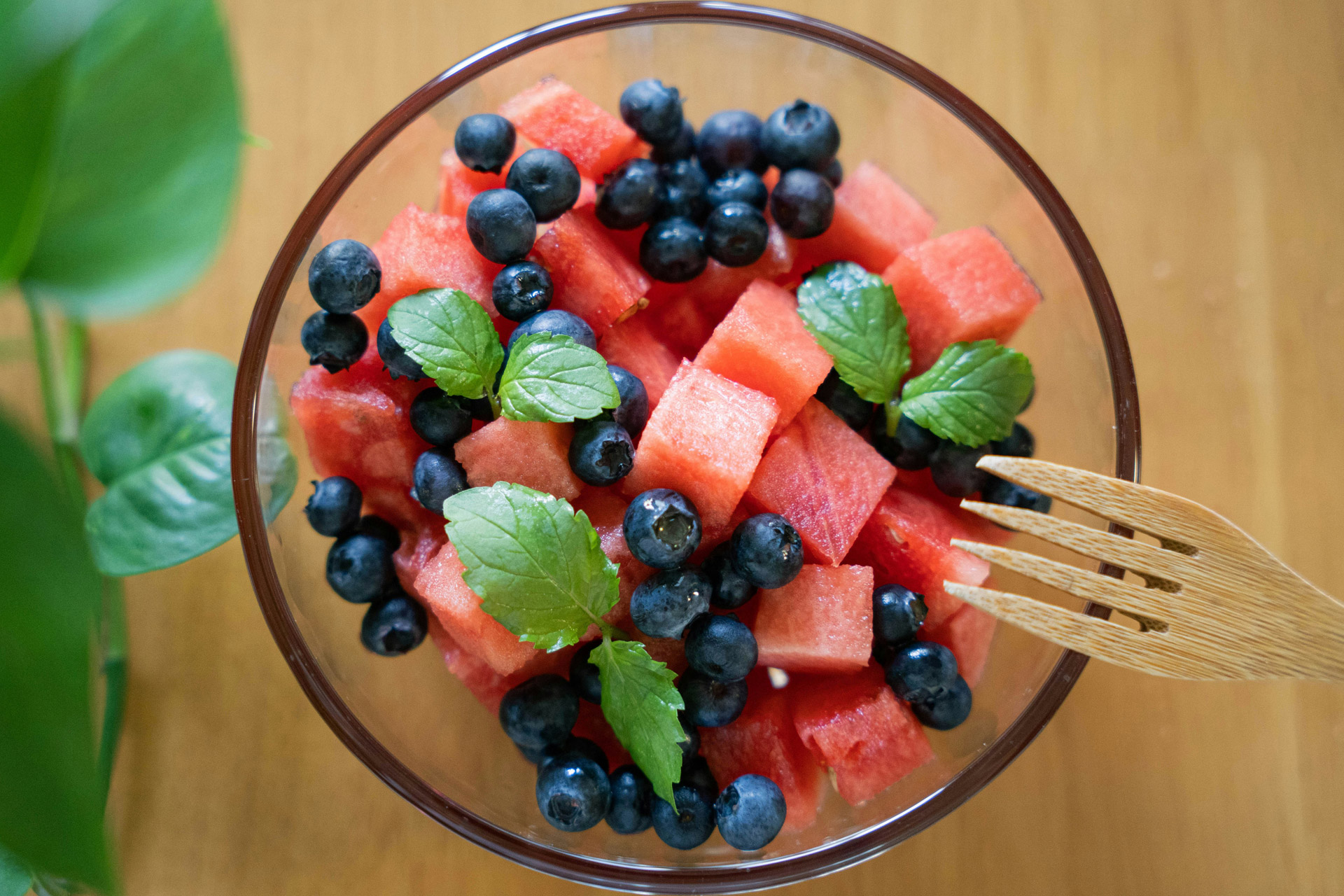
Unsplash
Drinks-wise, most people find they need to up their water intake when it’s hot. That’s because your body loses liquids at a higher rate when it’s warmer, so you’re more likely to be dehydrated. For an extra dose of hydration, add some mint to your water, or opt for green tea, which is rich in a type of antioxidant called catechins, which help reduce body temperature.
What Should We Avoid Eating During A Heatwave?
Nothing hits the spot like a glass of rosé in the sun. But it’s important to remember alcohol is dehydrating, so nutritionists recommend limiting consumption (sorry). It’s the same story for caffeine. Deep fried and spicy foods, meanwhile, can increase your internal body heat, making you feel hotter.


